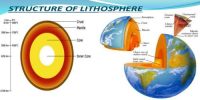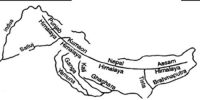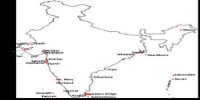Scientific Role of Biodiversity
Biodiversity is a system in constant evolution, from a viewpoint of species, as well as from viewpoint of an individual organism. The average half-life of a species is estimated at between one and four million years, and 99 percent of the species that have ever lived on the earth are today extinct. The number of species globally varies from 2 million to 100 million, with 10 million being the best estimate. New species are regularly discovered most of which are yet to be classified. Tropical forests are very rich in biodiversity. Biodiversity boosts ecosystem productivity where each species, no matter how small, all have an important role to play.

Biodiversity is vital because each species can give us some evidence as to how life evolved and will continue to evolve. It also helps in understanding how life functions and the responsibility of each species in supporting ecosystems of which we are also a species. This fact must be drawn upon every one of us so that we live and let other species also live their lives. It supplies a large number of goods and services that sustain human life, including the provision of food, fuel, and building materials; stabilization and moderation of the Earth’s climate; generation and renewal of soil fertility; maintenance of genetic resources as inputs to crop varieties and livestock breeds, medicines, and other products; and cultural, recreational and aesthetic benefits.
It is our decent accountability to judge that each and every species along with us have an intrinsic right to exist. Hence, it is morally wrong to voluntarily cause the extinction of any species. The level of biodiversity is a good indicator of the state of our relationships with other living species. In fact, the concept of biodiversity is an integral part of many human cultures.
It represents a wealth of systematic ecological data that help us to understand the natural world and its origins. Today’s biodiversity is the fruit of billions of years of evolution, shaped by natural processes and, increasingly, by the influence of humans
















